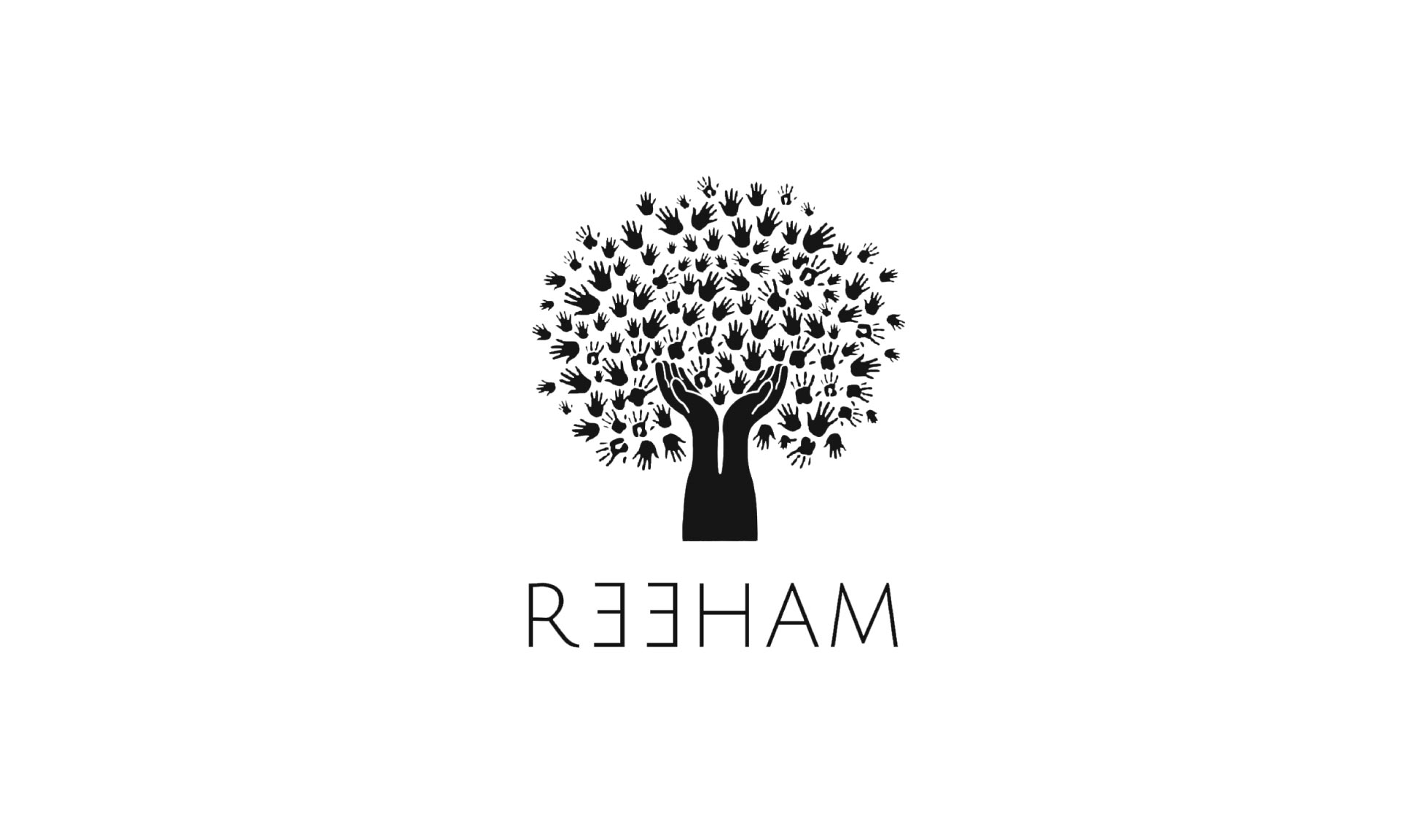Coffee is one of the most popular beverages and is enjoyed by young and old at all times. In the morning at the breakfast table, at noon as a stimulant and in the evening as an accompaniment to dessert. In the sea of countless types of coffee, we find ourselves more bad than good in the decision-making frenzy. We therefore ask ourselves which coffee actually tastes good and how best to discover the right coffee for you.
We like to be influenced by big advertising campaigns with famous actors. But we think - also because we are a coffee roaster - that specialty coffee tastes unusual but delicious to most people.
Let's go on a coffee hunt together. We will explain in more detail the different ways of production, the coffee beans and the methods of preparation. All the good to draw the greatest potential of a hot cup of coffee.
Let's go to the Specialty Coffee Guide!
We all know coffee from our childhood: a brown bitter broth that smells strongly aromatic and almost makes you high, but draws in us a repulsive facial expression when tasted.
For some, those days are still with us today, but for many, it's hard to imagine life without coffee. Our favorite drink defines itself as a morning ritual for breakfast, as a to-go cup and as a warm companion to cake.
It is simply versatile and enjoyable. Some like it with milk and sugar, others like it completely black. But one thing is clear: coffee moments bring friends and family together. It's a relaxing and enjoyable way to spend time and does good to the stressed soul.
A coffee short story
Our parents did it: coffee grounds in the cup with a little milk and sugar. Sometimes it was a gamble to hit the exact amount of coffee. You just wanted a coffee in the morning. A momentary relaxation until you finally left for work. A warm belly for cold winter days (when there was still snow) and the short-term energy boost at the communal table. What times!
For many, coffee was only available in ground form, since neither a machine nor a grinder was at hand. Quite classically with a Kaffeelot (a kind of deep spatula / spoon) the ground coffee was given from the bag into the cup. To this day, many homes are still equipped with a metal coffee can.
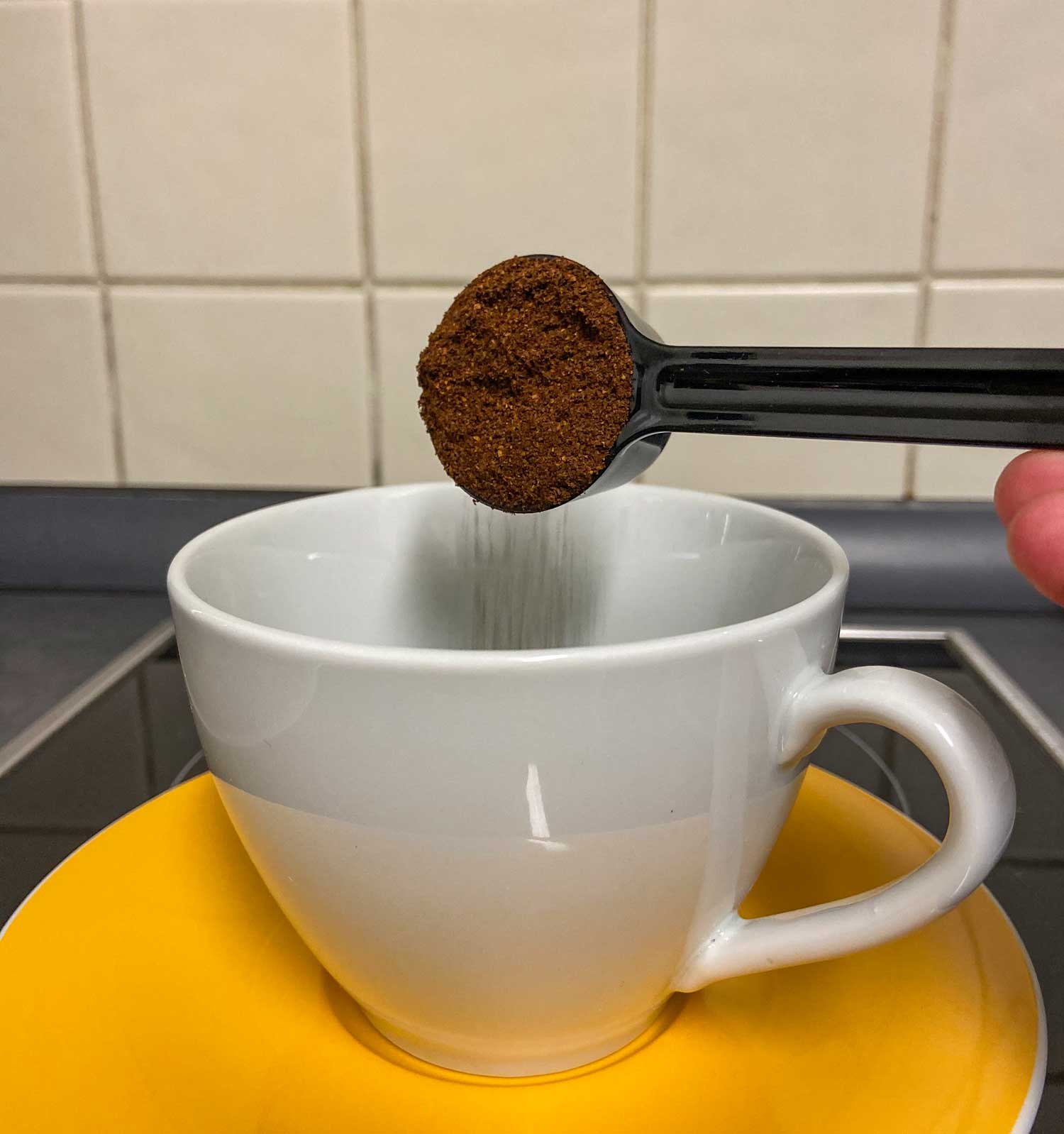
Coffee powder in the cup like back then
The standard coffee - Everything ok
If you want your coffee today, you get it in the morning from the baker / café you trust or from your coffee machine. The easiest way is with a capsule machine. You don't have to go to the trouble of cleaning it.
When buying the right coffee, you first decide how you want to prepare your coffee. Either classically with filter paper in the pot / carafe, in the coffee machine or as just described in the capsule machine.
The cost per cup varies and can cost up to one euro. The taste factor doesn't necessarily play a role, but rather how comfortable coffee making is. The mass production of a supermarket coffee is efficient and does its job, but for the more demanding not necessarily enjoyable.
Coffee is and should be just as diverse as wine. The more attention you pay to a coffee bean, the more flavors it can develop. This is exactly what is strongly emphasized in Specialty Coffee.
In order to enjoy the exact taste of specialty coffee, one always pays attention to important factors, such as the selection of the raw beans, the roasting process, the cooking and the storage. But also the right amount in cooking can influence our favorite beverage positively or negatively.
Aspects, which with the standard coffee times fast by the full automats "rightly so" should be adopted.
Specialty coffee - for more demand
As a specialty coffee supplier we are in no way against fully automatic coffee machines. If need be, we also enjoy our coffee quite classically with ground coffee grounds in the bottom of the cup. As long as the aroma and taste are right, we see no reason to go this way of making coffee. But we also like things to be practical.
For a specialty coffee, only selected coffee beans from specific growing regions are picked out and harmonized with other beans. These are usually also offered as whole coffee beans for sale and for use in fully automatic coffee machines and portafilter machines.
The latter have the advantage of a pressure essential for coffee. When cooking, the water should pass through the fresh coffee beans at a certain pressure level to get the best out of it.
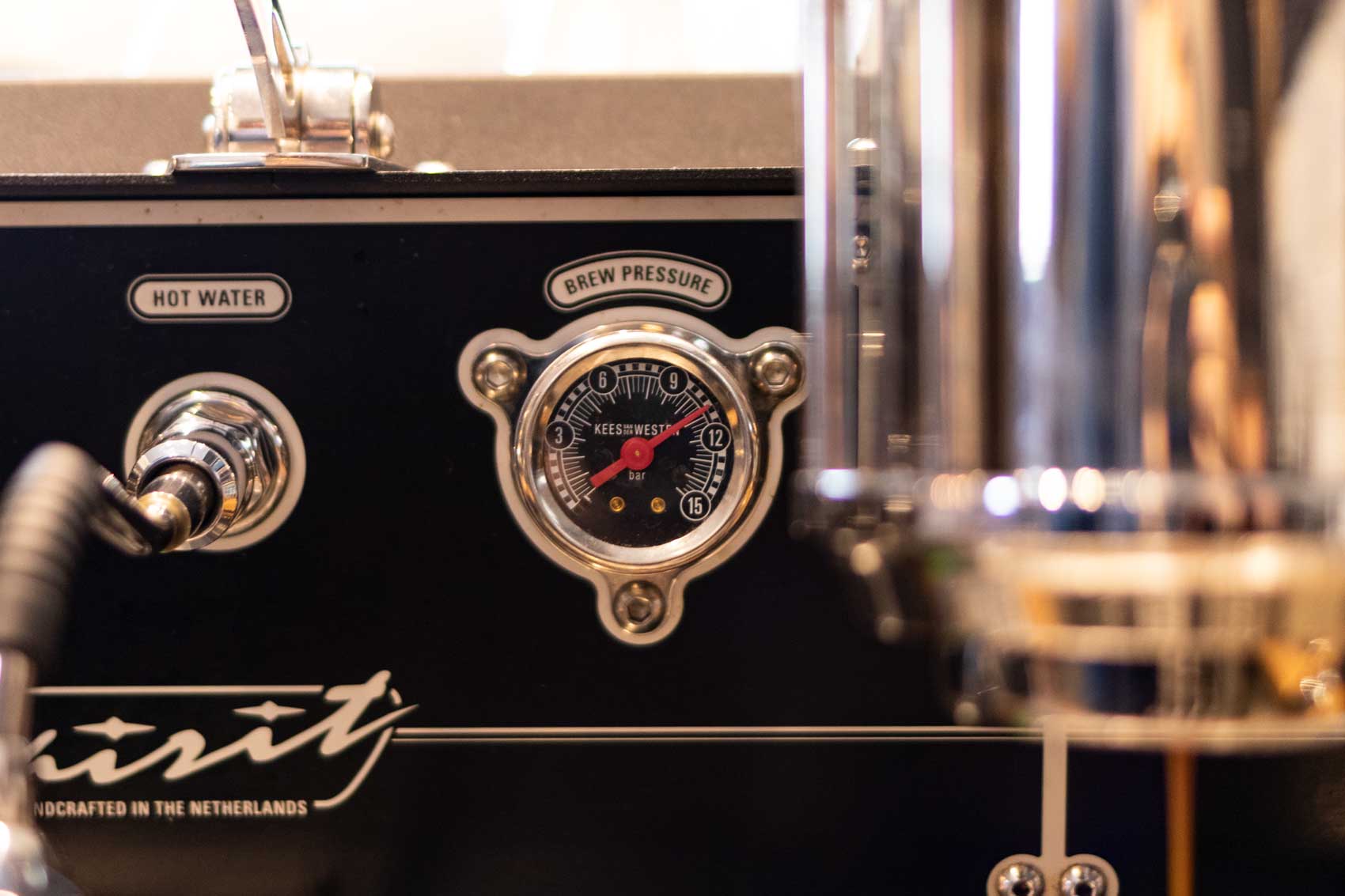
Pressure level of a portafilter machine
Specialty coffee usually does not taste bitter in any way. The equally acidic nuances are increasingly found in supermarket coffee. At the latest when the coffee has become cold or the coffee has been standing for too long, negative taste characteristics develop. As long as sugar does not cover up this old taste, supermarket coffee is basically undrinkable.
The freshly roasted coffee from the roasting master is completely different: It can be enjoyed perfectly black even without sugar - without any bitter aftertaste. Every high-quality roasted coffee has its own typical character. Sometimes it is more fruity and sometimes much sweeter. Mostly, however, it is fresh and full of aroma levels.
But how exactly to capture these flavors lies in the art of the Specialty roasters.
Coffee roasting masters and their specialty coffee
As already mentioned in our Private Label Guide described, each roast master has his own flavor character. At Reeham Coffee, for example, our coffees are based on the Reeham Origin coffee. Based on this, the other coffees were developed.
Not everyone will like the coffee of a master roaster, as the standard coffee has already laid a status quo in the consumers' taste buds. This 08/15 taste could create misconceptions when trying a specialty coffee.
Of course, the standard coffee also carries the usual flavors of a, subjectively speaking, good coffee. The heart of a coffee should remain the same and should not be missing in the specialty coffee. So it doesn't matter how many thousands of coffee flavors are possible during roasting. Coffee should still be recognizable as coffee.
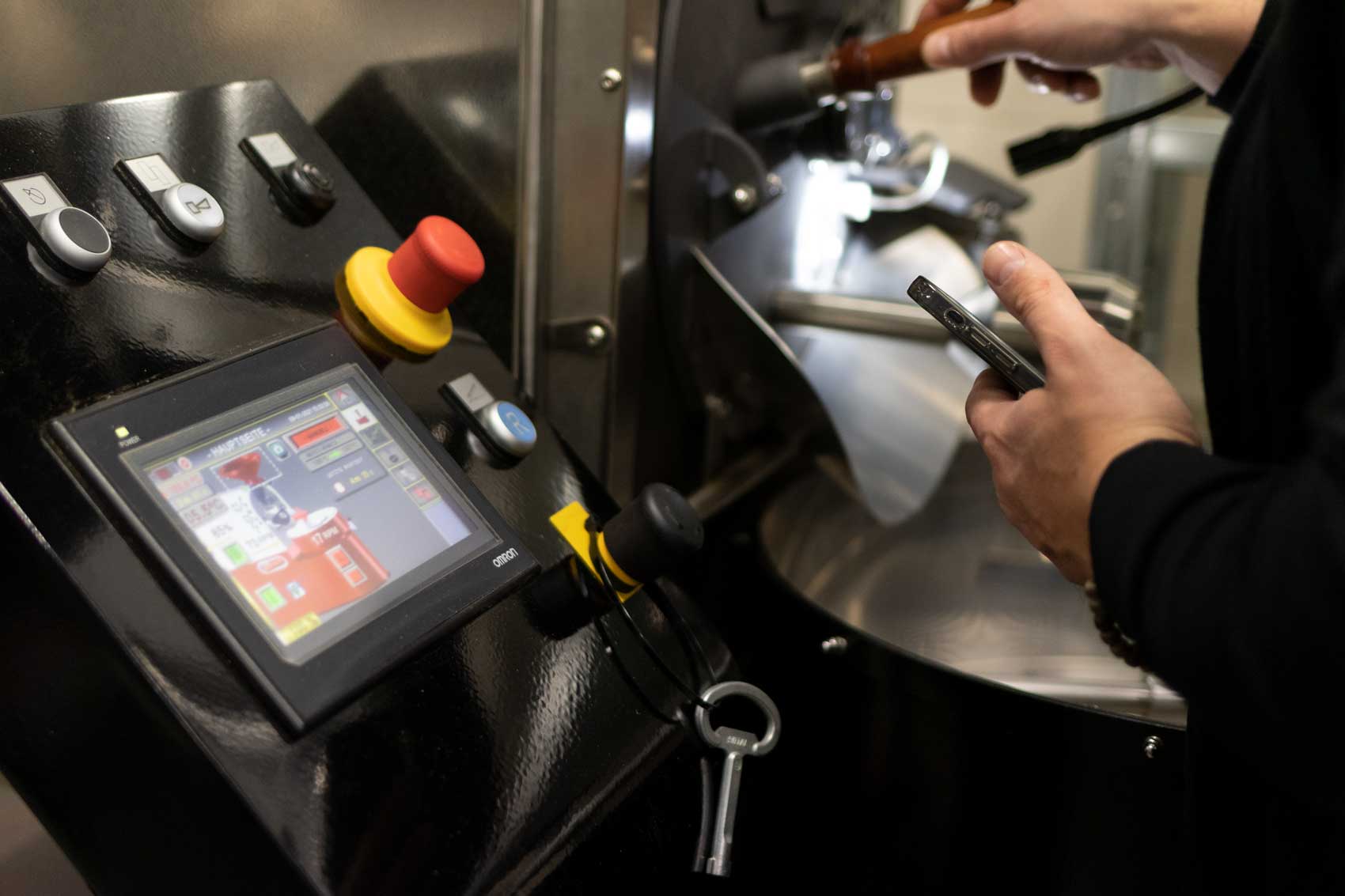
Coffee roast settings
For us coffee connoisseurs, there is also the mild, bitter and acid-free finish with a distinctive extra note: sweet, chocolaty, fruity, floral or tart.
All these extras are already determined during the selection of raw beans.
Hand selected composition
Special coffees are created by the right compositions of the different raw beans. This is not just about Arabica and Robusta. The growing regions themselves and the individual coffee farmers also influence the taste of a full cup of coffee.
Upstream and downstream processes in the supply chain right through to the coffee cup also play a decisive role. The first step, however, is the selection and sorting of the beans by the roast master.
He checks the procurement of the beans and sorts out damaged pieces. They are imported from the largest coffee-growing regions such as Brazil, Mexico, India and Vietnam. These are the tropical countries where the coffee plant feels most at home.
The type of coffee also plays a significant role. As is mostly known, 100% Arabica is advertised in many stores. This bean generally has an advantage over Robusta: it is milder in taste and is not drowned out with excessive bitter notes.
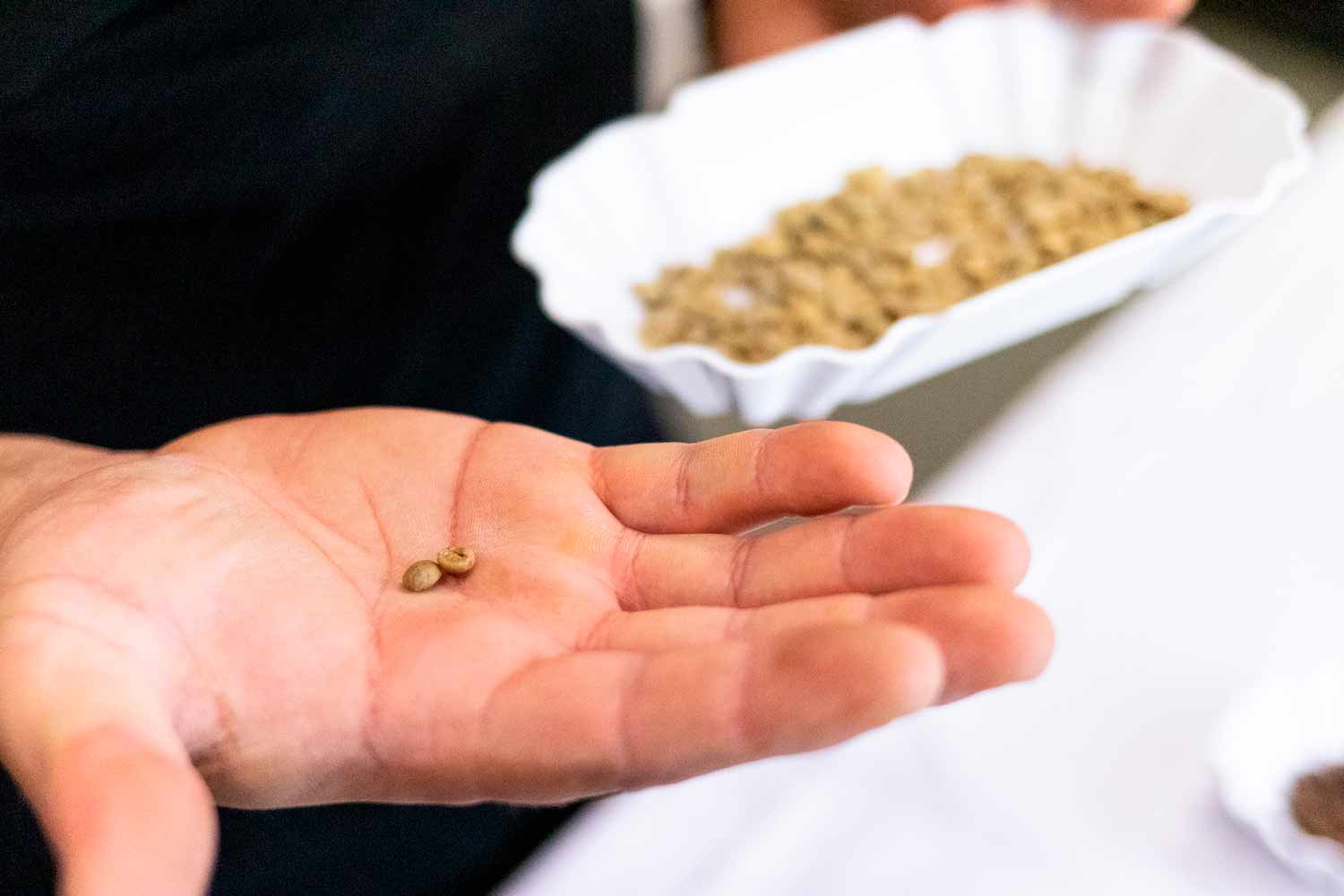
Hand selected specialty coffee
Time factor and roasting levels
Specialty coffee is not equal to specialty coffee if the coffee roaster does not observe the appropriate roasting time. Here, the slower and more targeted, the more flavors are developed and retained.
For mass production in a short time, therefore, is not a special coffee to win. For the standard coffee, however, this method is sufficient. In most cases, the coffee beans are roasted dark and thus lose the milder aroma levels that determine the extra note.
Basically, Specialty coffee is a coffee composed with a lot of patience. It is composed by the master roasters and processed with optimal roasting temperatures.
It therefore does not necessarily play a decisive role if Arabica or Robusta beans are used. A wide range of flavors is still possible due to the precision work of the roasting masters.
Find your perfect coffee
Specialty coffees are distinctive coffees that are not comparable with the standard coffee from supermarkets. Even leading coffee chains cannot achieve a specialty quality level in the long term. Exceptions confirm the rule, but you pay a premium price for it.
As a fragrant lover, it pays to research the roastery behind a brand more closely. Most of the time, these are small businesses that run their own café. Some of them also successfully run a Online Shop.
In any case, in many specialty roasting plants is quite a bit of work and especially heart and love. Therefore, the coffee not necessarily cheaper but justified.
Specialty coffee is not a bulk product. It has a shorter shelf life and is more sensitive to handling. At the same time, it offers a versatile taste experience for its coffee fans.
Therefore, many roasters make their coffee beans a Premium brand.
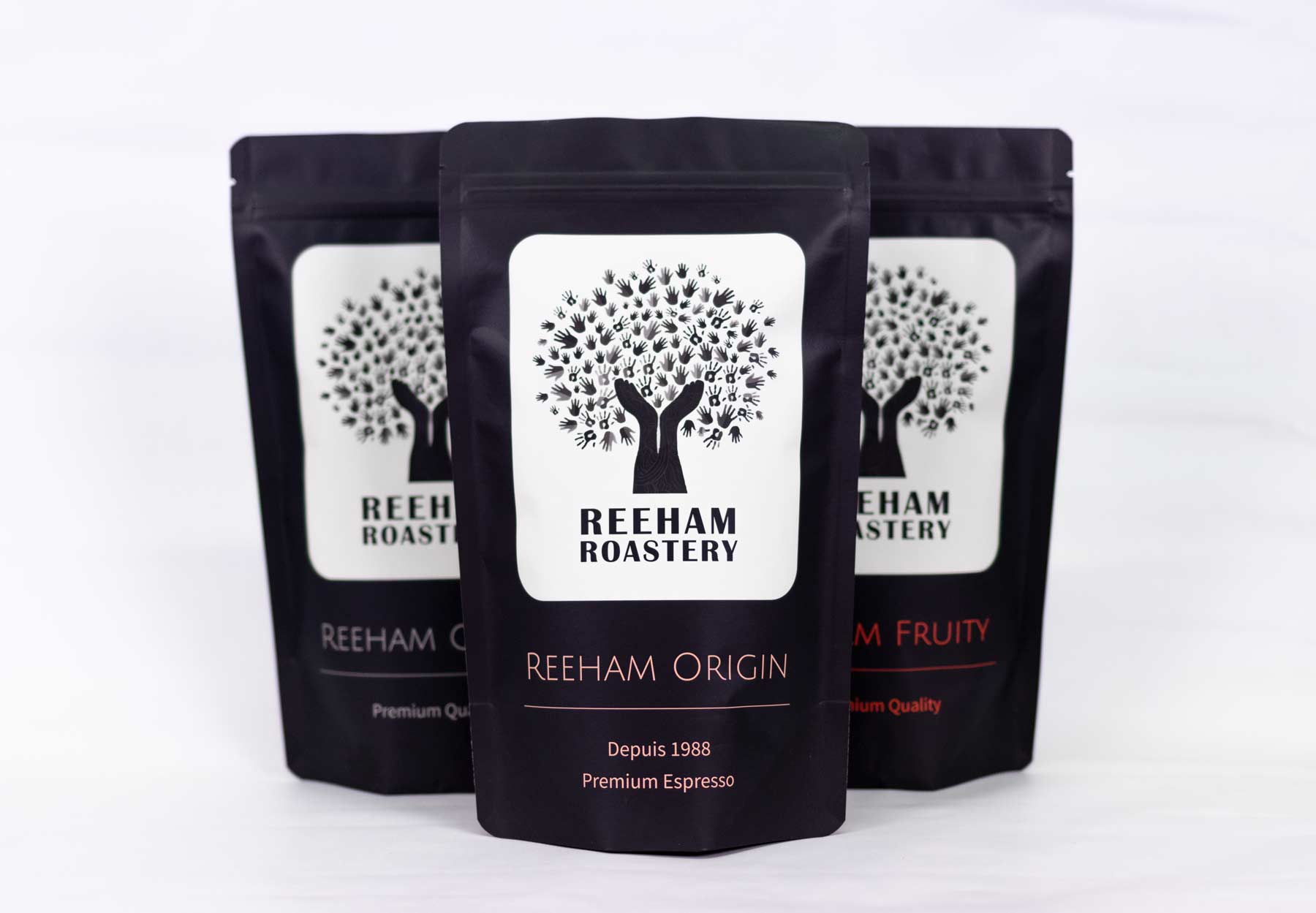
Reeham Specialty Coffee
For Reeham customers there are hand roasted coffee beans. Freshly packed and aroma sealed. No other additives. Only coffee beans.
Our coffee beans leave our roastery pesticide-free and completely natural with the best will of our coffee roasting master Maher.

